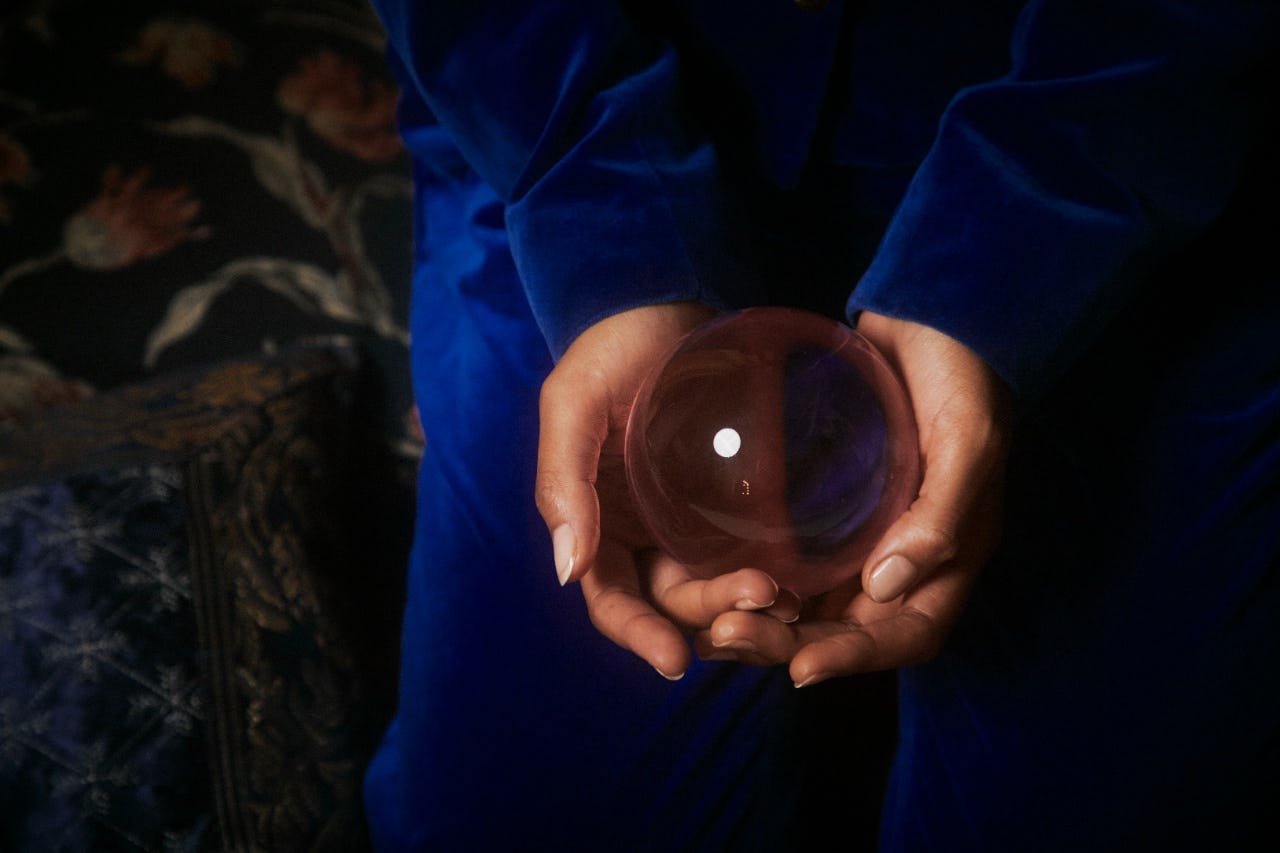Have you ever jolted awake from a dream where you were under attack? Whether it’s a mysterious figure chasing you down a dark alley or an outright brawl with a faceless foe, dreams of being physically attacked can be both vivid and unsettling.
But beyond the initial shock, these dreams can open a door to deeper self-awareness and understanding. Let’s dive into what your subconscious might be trying to tell you through these intense nocturnal adventures.
Understanding the Psychology Behind Violent Dreams
Why Do We Dream of Violence?
It’s not uncommon to experience dreams where you’re under threat. Psychologists often link violent dreams to unresolved tensions or conflicts in our lives. Freud believed these dreams reflect our repressed urges and conflicts, while Jung saw them as manifestations of our struggle with our shadow selves—the darker, unacknowledged parts of our psyche.
The Brain’s Nighttime Drama
During REM sleep, our brain is almost as active as when we’re awake. This stage of sleep is fertile ground for processing complex emotions and thoughts that we might suppress during the day. A dream about being attacked could symbolize a fight-or-flight response to something challenging in your waking life, even if it’s not a direct threat.
Common Themes and Their Interpretations
When dreaming of being attacked, the context can vary wildly:
Being chased: Often reflects feelings of anxiety or avoidance in your daily life. Are you running away from a problem at work or in a relationship?
Fighting back: This can signify your readiness to confront issues head-on. It might be a nudge from your subconscious to stop avoiding and start acting.
Protecting others: Dreaming of defending loved ones might indicate a protective instinct or anxiety over their wellbeing.
Decoding the Symbols
Dreams use the language of symbols to communicate complex emotions. An attacker in a dream might not represent an actual person but rather an aspect of yourself or a situation that you find threatening. Understanding these symbols in the context of your personal experiences is key to interpreting your dreams.
Emotional and Physical Responses in Dreams and Their Aftermath
The Body’s Reaction
Dreams of attack often trigger a palpable physiological response, mirroring real danger—sweating, racing heart, or even shouting. Upon waking, these responses can linger, affecting your mood and alertness the next day.
Impact on Waking Life
It’s interesting how a dream can leave a residue of emotions that colors our waking perceptions. If you wake up feeling unsettled, it might be worth considering what your dream is reflecting about your current life situations. Sometimes, these dreams might encourage taking action on issues we’ve been ignoring.
Recurrent Dreams of Being Attacked
If you find yourself repeatedly dreaming about being attacked, it’s not just random; your subconscious is likely sending a strong message. These recurrent dreams might be highlighting ongoing unresolved conflicts or stressors in your life. It’s like your mind is stuck on a loop until you address the underlying issues.
Strategies for Resolution
To manage these recurring themes:
Reflect and journal: Writing down your dreams and feelings can help you find patterns or triggers in your waking life.
Seek professional advice: Sometimes, talking to a therapist can provide insights and coping strategies that are not immediately obvious.
Mindfulness and relaxation: Techniques like meditation can reduce stress and potentially change your dream patterns.
Changing the Dream Narrative
Lucid dreaming, where you become aware that you’re dreaming while still in the dream, offers a unique opportunity to alter the course of your nightmares. By facing your attacker or even changing the outcome, you can reduce the frequency and intensity of these dreams.
Dreams where you are being attacked can shake you up but also serve as a powerful mirror reflecting personal challenges or fears.
By understanding and addressing these dreams, you not only gain insight into your subconscious but can also take meaningful steps towards personal growth and emotional balance. Remember, while these dreams can be intense, they are a normal part of the psyche’s way of communicating internal conflicts or needs.
















